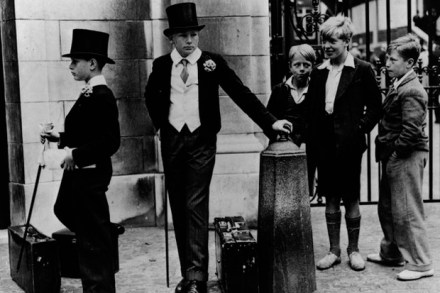A touch of class | 7 July 2016
Cliveden is a good review for a divided country and I have waited, not too long, for it to feel resonant for Spectator readers; it aches with class-consciousness. It has food pens dependent on your status — whether you are eating in the National Trust grounds, or the swanky (I love this word; it’s so bitter) hotel inside the ‘manor’. And even if you are staying in the swanky manor, famous as the venue where John Profumo exploited the not-recovering child-abuse victim Christine Keeler — don’t call me a sighing Guardianista, I have done my research and she once aborted a child with a pen — in a swimming pool,
















